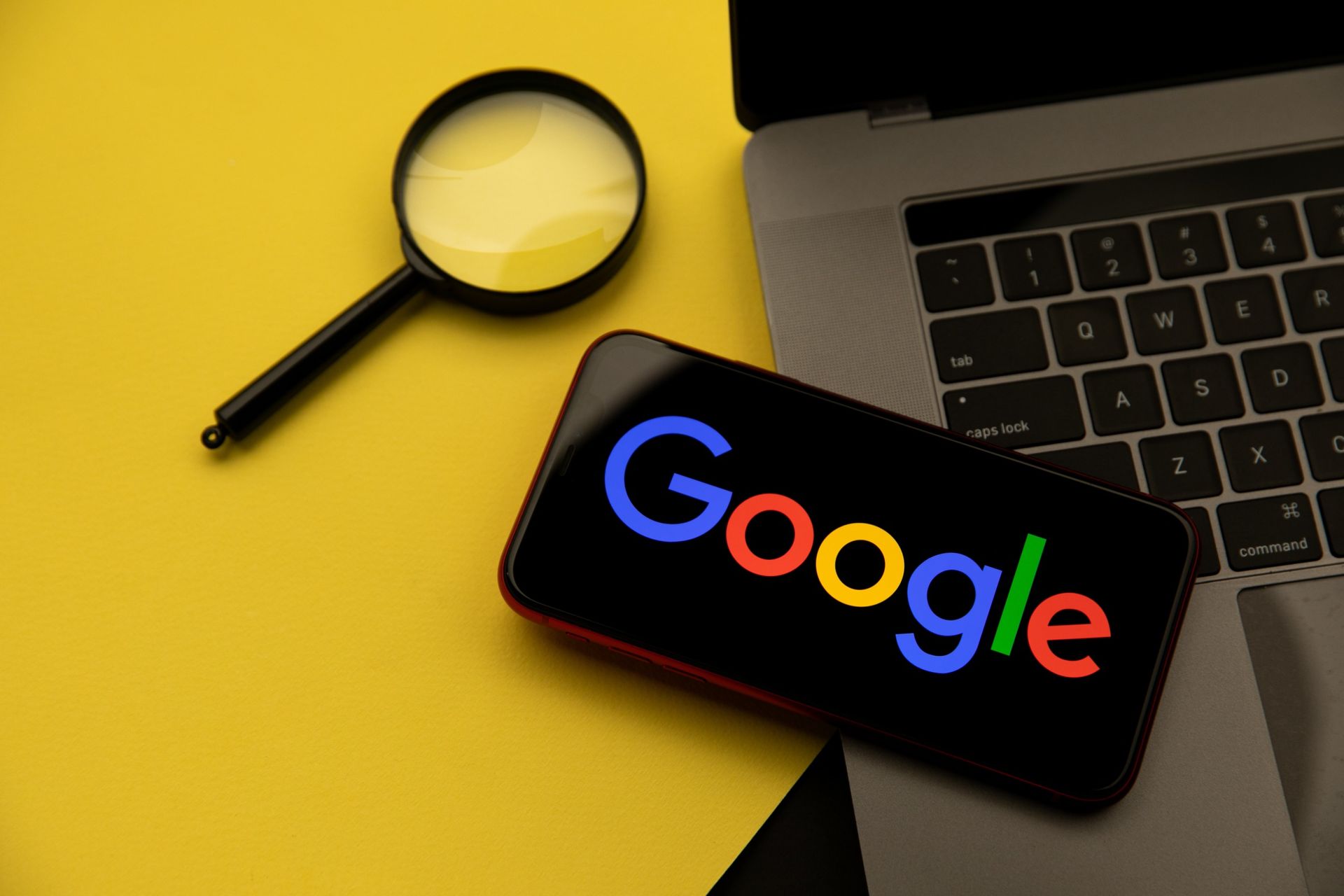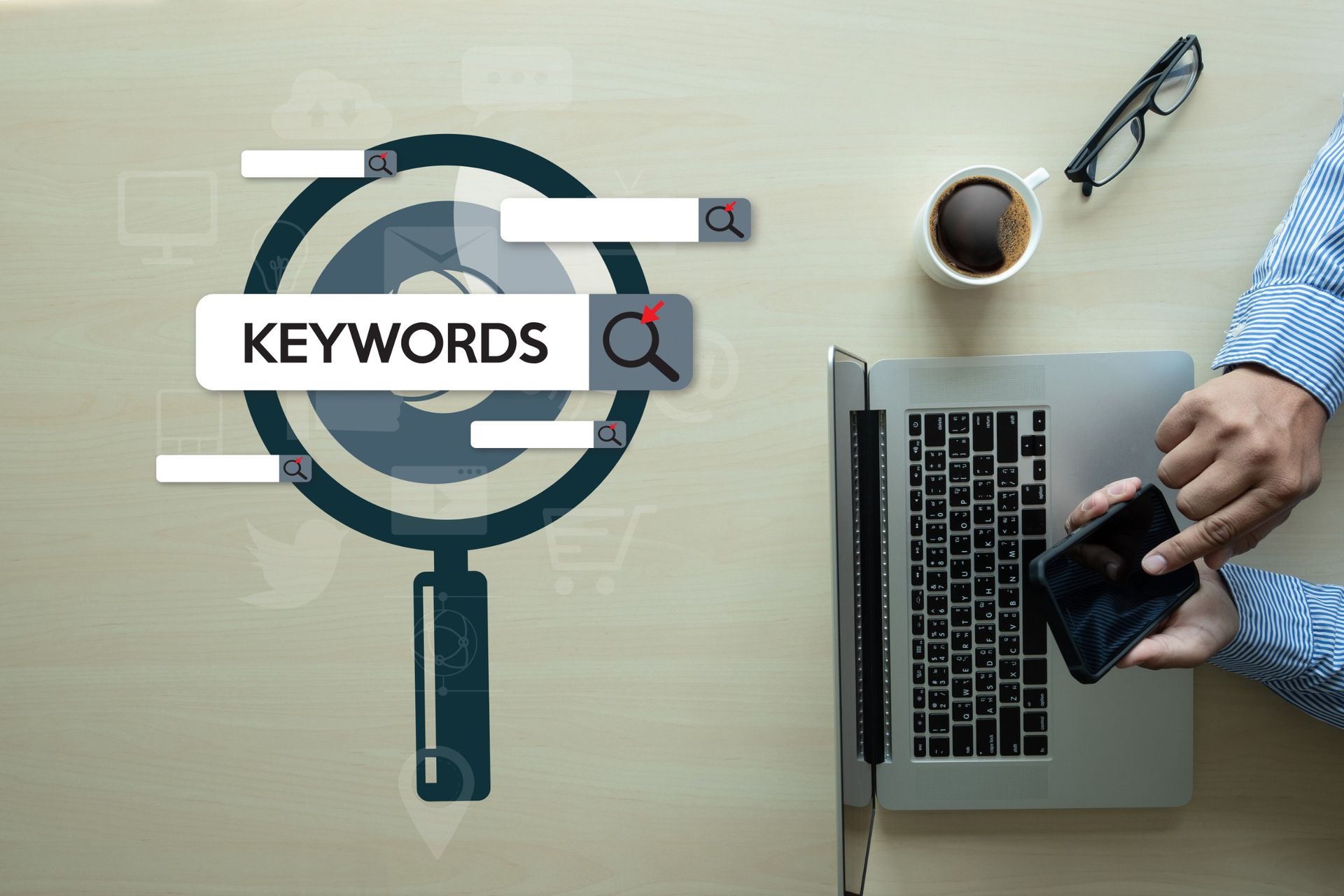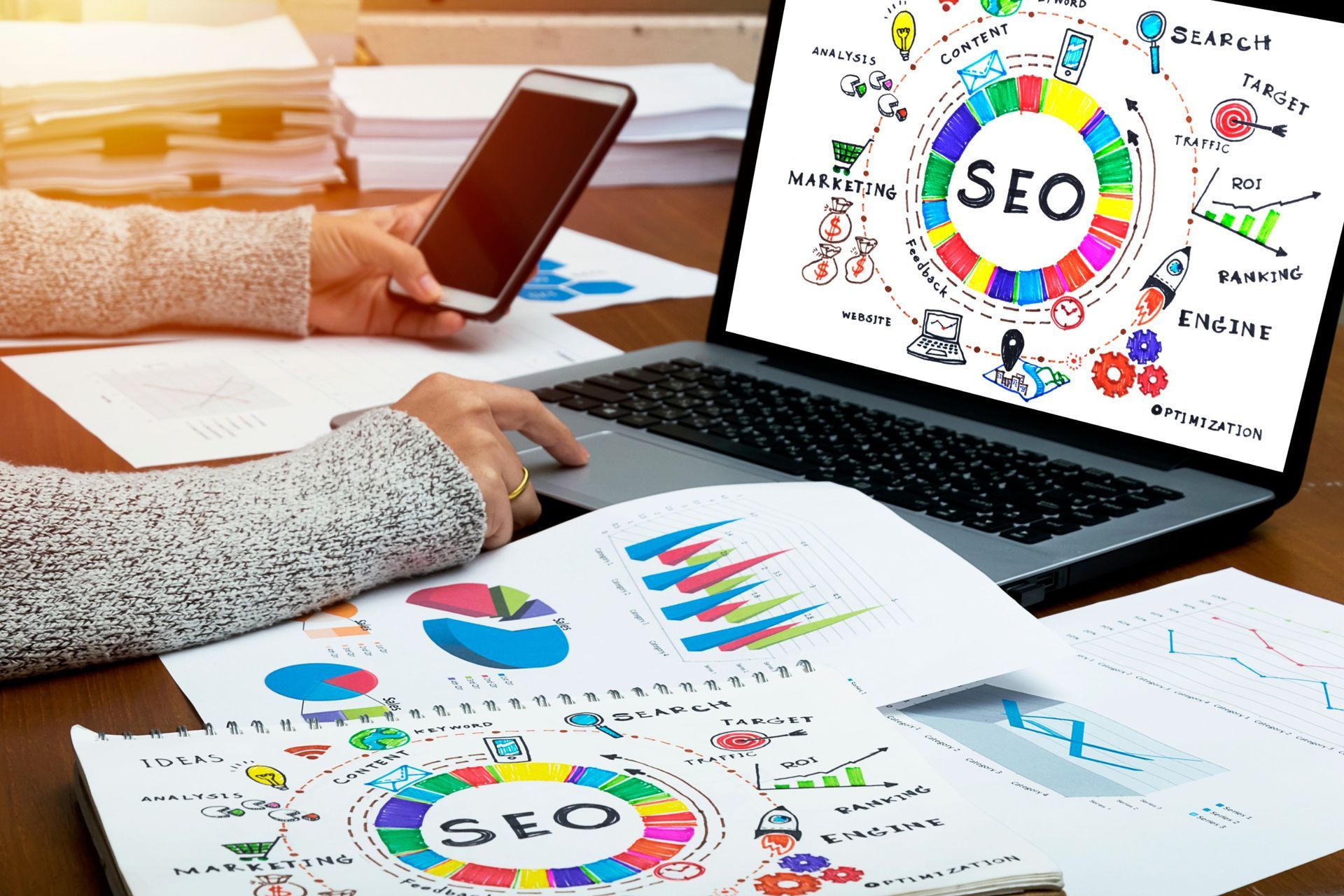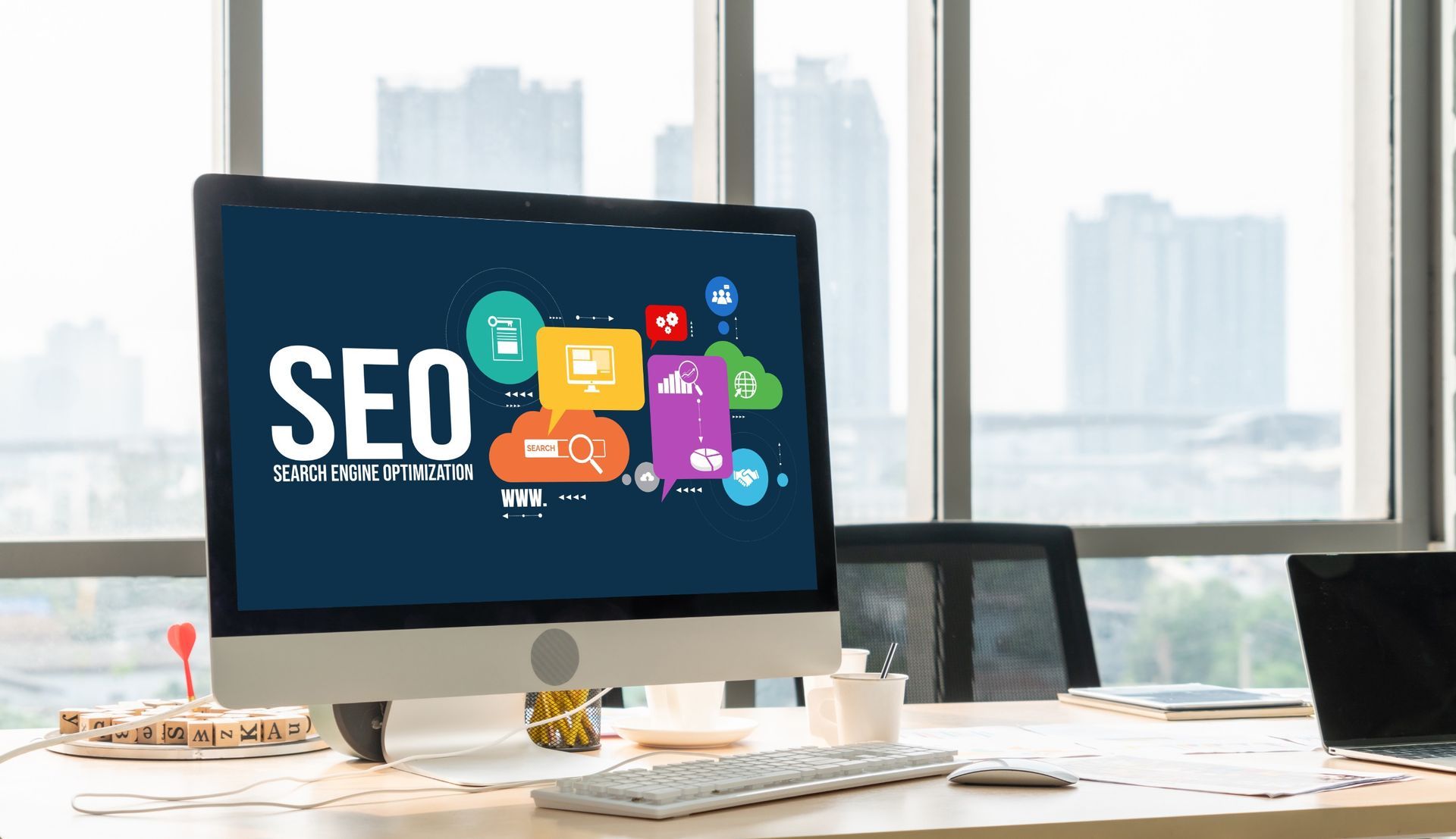The Ultimate Showdown in Digital Marketing: SEO vs. PPC
The Ultimate Showdown in Digital Marketing: SEO vs. PPC
In the bustling world of digital marketing, one epic battle continues to capture the attention of businesses worldwide—SEO versus PPC. Both strategies offer unique benefits and challenges, but finding the right balance can significantly impact your marketing success.
Whether you're a seasoned marketer or just setting foot in the digital arena, understanding how to leverage these two powerful tools is crucial for staying ahead.
In this blog post, we'll explore the ins and outs of SEO (Search Engine Optimization) and PPC (Pay-Per-Click) advertising.
What is SEO?
Search Engine Optimization, or SEO, is the art and science of enhancing your website's visibility on search engine result pages (SERPs). The primary goal is to earn organic traffic by ranking higher for relevant keywords. Unlike paid advertising, SEO focuses on attracting visitors through natural, unpaid search results.
There are several key components to SEO, including on-page optimization, off-page optimization, and technical SEO. On-page optimization involves optimizing your website's content and HTML source code, while off-page optimization focuses on building backlinks from other reputable sites. Technical SEO ensures that search engines can easily crawl and index your website.
The importance of SEO in digital marketing cannot be overstated. It helps build brand credibility, increases website traffic, and provides long-term results. However, it's essential to understand that SEO is a gradual process that requires continuous effort and patience.
What is PPC?
Pay-Per-Click (PPC) advertising is a model in which advertisers pay a fee each time their ad is clicked. Essentially, it's a way of buying visits to your site rather than earning them organically. Google Ads is the most popular PPC advertising platform, but there are others like Bing Ads and social media ads.
PPC campaigns are highly customizable, allowing you to target specific demographics, locations, and even times of day. This level of precision makes PPC an attractive option for businesses looking to achieve immediate results. The key components of a successful PPC campaign include keyword research, ad creation, landing page optimization, and performance tracking.
One of the main advantages of PPC is its speed. Unlike SEO, which can take months to show results, PPC can drive traffic almost instantly. However, it requires a budget, and costs can add up quickly if not managed properly.
The Benefits of SEO
SEO offers numerous benefits that make it an indispensable part of any digital marketing strategy. First and foremost, SEO drives organic traffic, which is more sustainable in the long run compared to paid traffic. It helps build brand trust and credibility, as users tend to trust websites that appear at the top of search results.
Another significant advantage of SEO is cost-effectiveness. While it requires an initial investment of time and resources, the long-term benefits far outweigh the costs. Once your website ranks well, you can enjoy a steady stream of organic traffic without ongoing expenses.
SEO also provides valuable insights into customer behavior. By analyzing search data, you can gain a deeper understanding of what your audience is looking for and tailor your content accordingly. This not only improves user experience but also increases the chances of conversions.
The Benefits of PPC
PPC advertising offers its own set of compelling benefits. One of the most notable is the speed with which you can see results. Unlike SEO, which takes time to build momentum, PPC campaigns can drive traffic to your site almost immediately after launch.
Another significant advantage of PPC is the level of control it offers. You can set your budget, choose your target audience, and adjust your bids to optimize performance. This flexibility allows you to fine-tune your campaigns for maximum ROI.
PPC also offers excellent visibility. Paid ads are often displayed at the top of search results, giving you prime real estate to capture user attention. This is particularly useful for competitive keywords where organic ranking is challenging.
How SEO and PPC Complement Each Other
While SEO and PPC are often viewed as competing strategies, they actually complement each other quite well. By combining both, you can create a more robust and effective digital marketing strategy.
One way they work together is through shared data. Insights gained from PPC campaigns can inform your SEO strategy and vice versa. For example, high-performing keywords in your PPC campaigns can be integrated into your SEO efforts to boost organic rankings.
Another synergy is in visibility. While SEO focuses on long-term growth and sustainability, PPC provides immediate visibility and traffic. Using both strategies ensures that you have a strong online presence, regardless of the timeline.
Combining SEO and PPC can also help you dominate SERPs. When your website appears in both organic and paid listings, it increases your chances of capturing clicks and driving traffic to your site.
Balancing SEO and PPC for Maximum Impact
Finding the right balance between SEO and PPC is crucial for maximizing your digital marketing efforts. To achieve this, start by defining your goals. Are you looking for immediate traffic, long-term growth, or both? Your objectives will guide your strategy.
Next, allocate your budget wisely. While PPC requires a financial investment, SEO needs time and resources. Determine how much you can allocate to each and adjust as needed based on performance.
Regularly monitor and analyze your campaigns. Use tools like Google Analytics and Google Ads to track your performance and make data-driven decisions. Adjust your strategies based on what's working and what isn't.
Common Challenges and Solutions in SEO
While SEO offers numerous benefits, it's not without its challenges. One common issue is the time it takes to see results. SEO is a long-term strategy, and it can be frustrating to wait for improvements.
To overcome this, set realistic expectations and focus on incremental progress. Celebrate small victories and continuously refine your strategy based on performance data.
Another challenge is staying updated with search engine algorithms. Google's algorithms are constantly evolving, and staying compliant can be daunting. Regularly educate yourself on best practices and be adaptable to changes.
Common Challenges and Solutions in PPC
PPC also comes with its own set of challenges. One major issue is managing costs. Without careful monitoring, PPC campaigns can quickly become expensive.
To address this, set a clear budget and use tools like Google Ads to track your spending. Regularly review your campaigns and adjust your bids based on performance.
Another challenge is creating compelling ad copy. Your ads need to stand out in a crowded marketplace. Invest time in crafting persuasive copy and use A/B testing to determine what resonates with your audience.
Measuring the Success of Your SEO and PPC Efforts
Measuring the success of your SEO and PPC efforts is crucial for continuous improvement. Use tools like Google Analytics to track key metrics such as traffic, bounce rates, and conversion rates.
For SEO, focus on metrics like organic traffic, keyword rankings, and backlinks. Regularly review your site's performance and make adjustments as needed.
For PPC, monitor metrics like click-through rates (CTR), cost per click (CPC), and return on ad spend (ROAS). Use this data to optimize your campaigns and improve your ROI.
Conclusion
In the epic showdown between SEO and PPC, there's no clear winner. Both strategies offer unique advantages and, when used together, can create a powerful digital marketing strategy. By understanding the strengths and weaknesses of each, you can find the right balance to maximize your online presence and drive meaningful results.
Ready to take your digital marketing to the next level?
Visit us at RaiseYourRankings.com and take the first step towards dominating search results. Our expert team of specialists in California is dedicated to crafting bespoke digital campaigns that are not only effective but sustainable.
We'll work with you to make sure ads and websites aren't just seen but remembered.Contact us now to discover the potential heights your business can reach. Don't just compete; excel with RaiseYourRankings.com.




